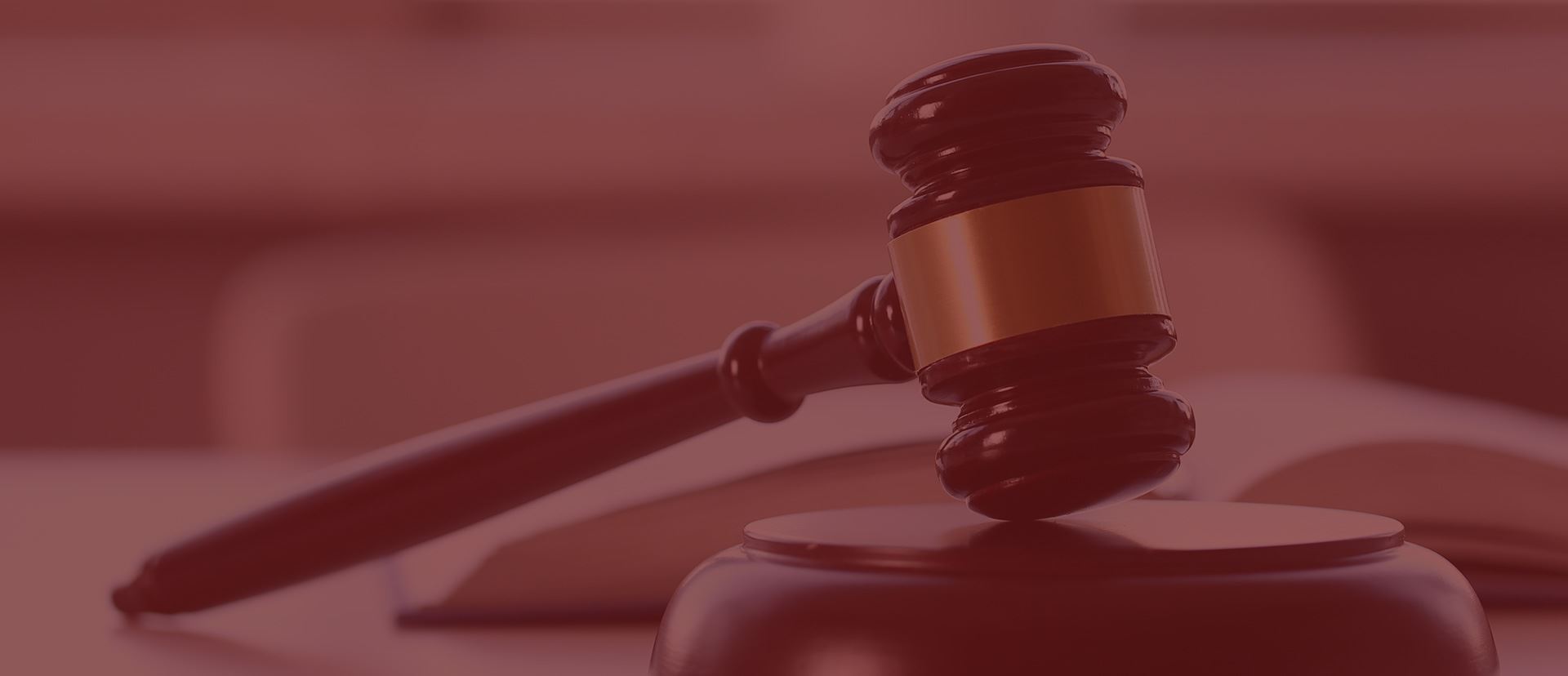Although risk factors, such as a birth trauma, delay in performing a C-Section (Cesarean Section), anoxic or hypoxic (oxygen deprivation) event during labor, premature birth or low weight, may point to a future cerebral palsy diagnosis, symptoms and signs appear at different ages for each child. As a parent, it is important to obtain a complete diagnosis of the specific type of cerebral palsy that your child has as soon as possible, in order to get the right treatment into action.
While severe cerebral palsy can be diagnosed as early as 1 month, other types, such as spastic cerebral palsy may not be diagnosed until 6 months, and dyskinetic cerebral palsy may not be apparent until 18 months. The signs of a mild case of cerebral palsy can often go unconfirmed until a child reaches 3 to 5 years of age.
Usually the first signs of a problem are noticeable when a child isn’t meeting developmental milestones, like sitting up or rolling over. If a doctor suspects cerebral palsy, they will observe the child’s development through routine appointments and early testing until they can make a more educated diagnosis. Children are generally screened for developmental disabilities like cerebral palsy at 9, 18, and 24 months.
Imaging tests may be used if a doctor believes a child has cerebral palsy. A test such as magnetic resonance imaging (MRI), computed tomography (CT), cranial ultrasound, and electroencephalogram (EEG) can lead to a conclusive diagnosis of cerebral palsy.
Unfortunately, it can be difficult to diagnose cerebral palsy at a young age. It may take years for clear signs to appear. Some children with brain damage make a partial recovery. Levels of severity vary greatly and signs of CP often resemble other disorders. As a parent, the best thing you can do is learn the signs and symptoms of CP, observe and take notes of your child’s development, and see a pediatrician for routine checkups.
Even though it’s hard to diagnose cerebral palsy in the first 9 months, it is important to seek medical treatment as soon as possible. The quicker a diagnosis is made, the faster a treatment plan can begin. If you believe your child has developed cerebral palsy as a result of negligence on the part of doctors and medical professionals, contact our Louisville medical malpractice lawyer at Brett H. Oppenheimer, PLLC today.
Call our office at (502) 242-8877 or contact us online.
